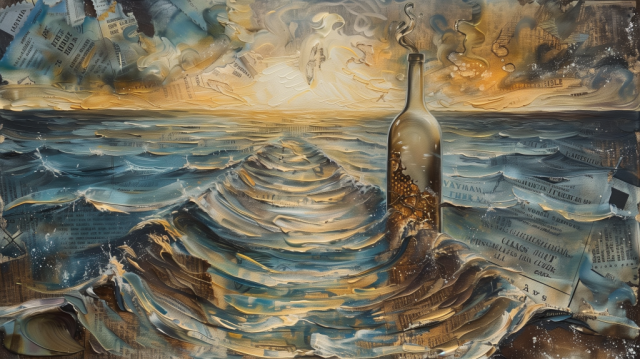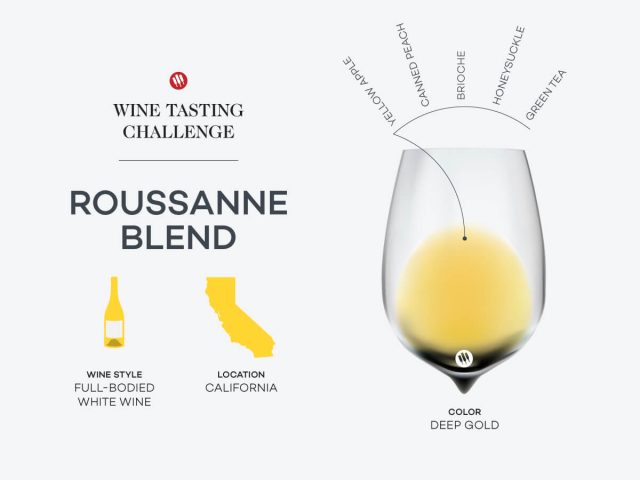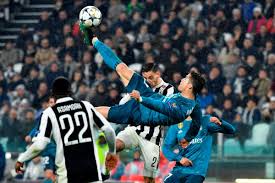Wine writing: imprecise, and art
Yes, wine writing is “an imprecise art,” as the headline on Philip White’s opinion piece in the Adelaide (Australia) InDaily News says.
As someone who’s had lots of experience in wine writing (magazines, books, blogs), I’m the first to authenticate Philip’s viewpoint that “writing about smells and flavours and the feelings they impart is as imprecise a sport as writing about music or fine art.
I like Philip’s take. He is, himself, a wine “communicator” (his word) who “pl[ies] the waters of simile and metaphor, hoping the beloved readers at least get a feeling.” To instill a feeling in readers: that is the highest goal to which a wine writer can aspire.
It’s not always easy. Critics of wine writing (and they are legion) point to the hyperbolic, obscure, over-blown rhetoric that does, indeed, characterize much of wine writing. Philip (quoting another writer writing about wine writing) assembled a list that could stand as the poster child for stretch: “nail polish remover, petrol, burning rubber, eucalyptus, wet wool, banana, shit and lead pencil.” Not that those aromas (including “shit”) aren’t present in some wines, but the average reader can be forgiven for scratching her head and wondering if she can just, please, go about the pleasure of drinking the stuff.
But there are many different forms of wine writing. When you’re reviewing dozens of wines on a daily basis, you’re forced into certain economies of scale. Woe be the writer who agonizes—Thesaurus by his side—about this or that descriptor. When deadlines are looming, sometimes you just go with “cherry-berry” and have done with it.
Still, I take Philip’s point that “the single most important thing about wine is the way it makes me feel.” I, myself, sometimes wrote about my feelings in wine reviews, but only for the best wines: they merited more words in the review than small peasant wines, and seemed to allow for some celebratory expressions of joy—at least, the extra word count afforded me that luxury. The small peasant wines, when they weren’t very good, also made me “feel” certain things—disappointment, disgust, impatience to get it over with, sometimes anger if the price was insane—but I was the sort of wine critic who hated to say terrible things about a wine I’d already given a low score. There are certain critics (I could name names, and so could you) who seem to take pleasure in kicking a wine when it’s down and bleeding in the gutter. Not me.
But surely Philip is onto something when he suggests that communicating “feeling” is important. I tried to do that in my books; long-form writing is a lot easier to convey emotions. I try to do it in this blog. But I’ve seen writers of the “feeling” school take things too far. Some of them reach for bizarre metaphors whose meanings, if you’re not familiar with them, will zoom right over your head. Some of them bring too much of themselves into their review. I read a review, after all, to learn about the wine, not about the writer’s personality. A little personality, fine, but—like salt in food—not too much. But then, good writing achieves precisely the correct balance of all its parts: objective information, subjective revelation of the writer’s soul, literary references and so on.
I love Philip’s quote from Leonard Cohen: “Each wine has a specific high, which is never mentioned [i.e. in most reviews].” If I correctly understand the great singer-songwriter (who in this instance was writing about Chateau Latour), he meant that the experience of drinking Latour resulted in a particular mindset that was somehow qualitatively different from drinking, say, Margaux. I reckon that could be true only if one knew one were drinking Latour, and if one had a specific love-attachment to Latour. Anytime you do anything with love it does result in “a specific high.” But lucky is the paid, professional wine writer who can truthfully say that he finds love in all his labors. Sometimes, writing is just writing, and to make it work for readers—to make them feel—is the result of effort and talent. It is artifice: not “artificial,” but something that looks and feels like feeling, even when it is not.
(c) STEVE HEIMOFF| WINE BLOG – Read entire story here.




